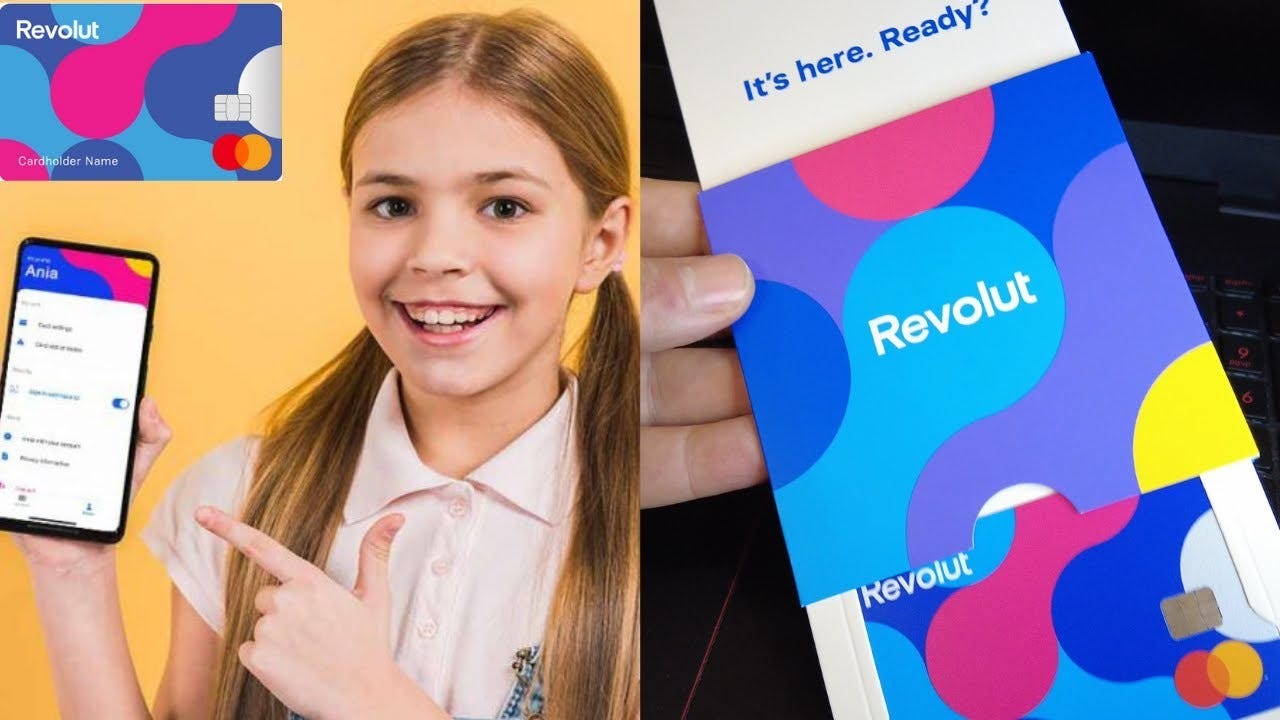FinanceTok and Gen-Z - Escaping Debt and Pursuing Financial Literacy
How did Gen-Z become more financially literate than Millennials???
One of social media’s largest critiques has been its constant promotion of gross overconsumption. Excessive spending has dominated our channels, the internet as we know it has become too monetised. Bloomberg reported that TikTok is testing a feature that could make all posts shoppable, and most of our social media strongholds have become an amalgamation of influencers and promotion of spending. What’s key is that most of these platforms are transitioning to become a new wave of e-commerce without the users consent or desire. Common phrases across TikTok, like “run, don’t walk for [xyz],” permeate our cultural lexicon and encourage materialist overconsumption. The language of social media is fixated on spending and shopping. Influencers, concealed behind the façade of curated lifestyles, subtly hide their own financial mishaps while steering their followers toward reckless materialism. Gen-Z, however, is not easily swayed by these smoke and mirror tactics. So, what exactly is driving their interest in financial freedom, and how is social media reflecting this shift?
In contrast to the stereotype of Gen-Z as frivolous spenders unable to afford a house due to their own money mismanagement, this generation is silently yet steadily cultivating a keen interest in financial literacy. A tanked economy and a raging cost of living crisis has, unsurprisingly, made Gen-Z an extremely financially-conscious generation. They have a keen interest in financial literacy and independence, and they’re also the generation with the fastest growing purchasing power as they step into the corporate world. However, their needs and benchmarks for success are vastly different than past generations, and burgeoning fintech is taking notice.
Social media is helping facilitate this financial literacy through #FinanceTok. Amidst the cacophony of influencers pushing for overconsumption, FinanceTok emerges as a subculture empowering Gen-Z to break free from the materialistic chains and embark on a journey of financial literacy and independence.
Enter: the new wave of financial influencers disrupting the narrative. As people across social media do honest monthly salary breakdowns, reflect openly about how they’re tackling the debt they accrued at university, or merely the wider trend of deinfluencing (we wrote about this here!), they ultimately advocate for financial transparency, dismantling long-held norms of secrecy around salaries and money management. The movement is particularly crucial for women and people of colour who have historically been paid less than their white male counterparts for the same roles. By lifting the veil on earnings, rent, and monthly outgoings, these influencers are reshaping the discourse, breaking down barriers to open discussions about financial privacy, which has always been veiled as a touchy and inappropriate topic of conversation. Money is a personal matter, and this has historically left younger generations, especially those disenfranchised by wider society, having to quietly live with pay discrepancy and money mismanagement. If it’s so rude to discuss salary, you’d never know how much your peers make for similar roles.
While financial influencers reshape the narrative and lift the veil of overconsumption, the financial landscape itself undergoes transformation. Traditional banks, once promoters of overdrafts to young users (in my day it was totally normal and quirky to be in your overdraft), played a role in downplaying the severity of debt (buy now and pay later schemes encouraging extreme payment plans for expensive items, under the guise that this wasn’t a big deal). This normalisation of debt, coupled with social media's materialistic allure, has blurred the lines between responsible financial management and financial recklessness. Gen-Z, however, is learning from these mistakes. The generation that witnessed the economic struggles of their predecessors is leveraging these experiences to shape a financial consciousness rooted in prudence and caution. As they enter adulthood, they navigate a landscape laden with challenges, seeking lessons from the past to avoid the pitfalls of reckless spending.
Fintech companies, attuned to the unique needs and interests of Gen-Z, are flourishing, but they need to be smart and authentic to attract the sceptical and financially curious generation. Yonder, a modern lifestyle credit card packed with rewards aimed at Gen-Z, exemplifies this trend. They’re a part of a wave of sleek, Gen-Z-targeted products that cater to their specific needs. From financial advice on their blogs, explaining savings pots (and encouraging saving in general), and discouraging overdrafts except in emergencies, they play towards both Gen-Z’s desire to save and their interest in financial literacy. Gen-Z, wary of credit, is turning away from apps that capitalise on credit debt as a temporary means to material goods. Instead, they are embracing solutions like Yonder, Monzo, Revolut, and more, which align to their values, providing rewards for responsible financial behaviour.
The financial landscape for Gen-Z is not just about savings; it's about investing and financial literacy. Fintech platforms are emerging with a focus on educating and empowering this generation. The data supports Gen-Z's inclination toward ethical and ecologically responsible consumerism, aligning with their values as they seek investment opportunities that reflect their commitment to sustainability.
As FinanceTok gains momentum, questions arise about the future. Will traditional banks catch on? Will Capitalism allow social media to evolve from promoting overspending to fostering financial security? The statistics offer a glimpse into the financial mindset of Gen-Z, showcasing their entrepreneurial spirit, interest in sustainable investing, and commitment to financial education.
As FinanceTok and Gen-Z redefine financial narratives, the collaboration between financial influencers, fintech companies, and social media platforms will play a crucial role in shaping a generation that values informed financial decisions. Gen-Z's journey is characterised by a unique blend of technology, economic circumstances, and social awareness, providing valuable insights into their financial habits and preferences. As Gen-Z forges ahead, their mission becomes clear: making informed financial decisions, embracing technology, and striving for a more secure financial future. The revolution unfolding on FinanceTok is more than just a trend; it's a cultural shift that challenges established norms and paves the way for a financially conscious future.










Nice work Ruby